What Are Electrolytes & Why Do Runners Need Them?
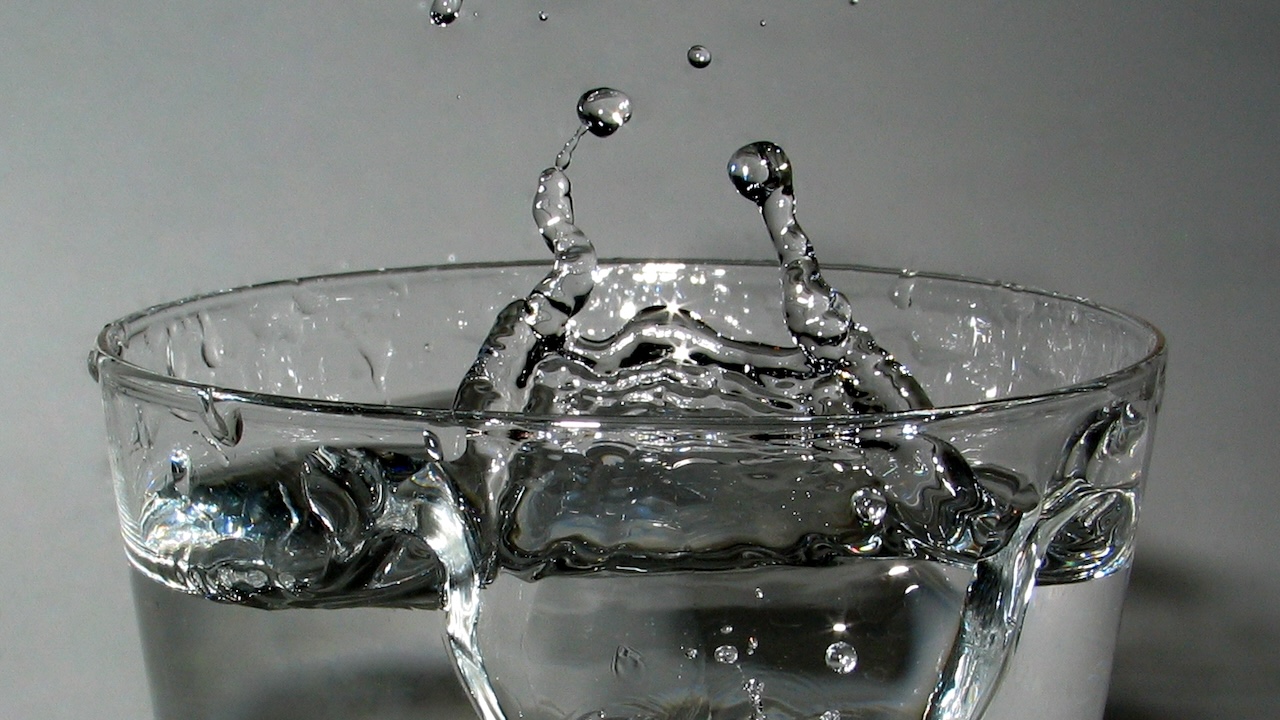
Understanding hydration and the role of electrolytes is crucial for runners because when we get it wrong, it can significantly impact the way we feel.
So what are electrolytes? How do we lose electrolytes when we exercise, run and sweat? How can we replace electrolytes? And is it true that a lack of electrolytes causes cramping?
WHAT DO ELECTROLYTES DO IN THE BODY?
Think of your body like one big electrical circuit passing messages at high speed. Electrolytes are minerals which conduct an electrical current when they dissolve in water, and they are responsible for transporting some of those messages, especially ones which control the body’s basic functions. And if the message signals are impaired because we’re low on electrolytes, then our bodily functions are affected.
There are numerous electrolytes and they help to maintain fluid balance in the body, help muscle function, and regulate the nervous system and heart function, plus a whole lot more.
The electrolytes can travel around the body and we need balance of all of them in our body. We get electrolytes from food and drinks, and we also lose them when we sweat or pee, or if we suffer from sickness and diarrhoea. If we lose too many and have an imbalance of electrolytes then it can cause muscle fatigue, cramping, headaches, nausea, disorientation, and in extreme cases it can even cause death.
WHAT ARE THE MAIN ELECTROLYTES?
The main electrolytes include:
- Sodium. The most important electrolyte as it helps to maintain fluid balance in the body and also helps with muscle function and nerve contraction. This one is crucial because sodium helps to hold onto water in the body, so if we consume sodium our body stores more water, which helps against dehydration.
- Potassium. This has a role in muscle function and heart rhythm. If we lack potassium then it may cause cramps because the muscles are unable to contract properly. Sodium and potassium work together, and with more potassium in our system we can safely take in more sodium (and therefore store more water).
- Chloride. Helps with fluid balance in the body. Sodium and chloride are the main electrolytes lost when we sweat (we’ll get onto that soon). Sodium chloride is table salt, which may explain why many people crave salty food after exercise (and why after very long sweaty runs our skin can feel salty). If we eat too much salty food then we crave more water which is our body’s way of regulating the electrolyte balance.
- Magnesium. Transmits messages between the brain and muscles, aids with metabolism and muscle and nerve contractions.
- Other electrolytes include phosphate, bicarbonate, calcium, and more.
In this article we’re thinking specifically about hydration and dehydration, and how to maintain the right balance of electrolytes. And for runners and people who exercise a lot, it’s all in the sweat.
THE SCIENCE OF SWEAT
When we exercise, blood pumps harder around our body. Water moves within the blood plasma and it’s that water that transmits the electrolytes, and which helps us to continue exercising by regulating important functions in the muscles and heart.
The longer or harder we exercise, the warmer we get, and we sweat to try and cool ourselves down. To do this, more blood is pumped closer to the skin, and it passes by sweat glands where water is taken and sent to the skin, where it evaporates and cools us down.
The average person may sweat around one litre per hour, with some people sweating as much as four litres in very hot and humid conditions!
Around 99% of our sweat is water, and among the other 1% are the electrolytes. We need to replenish the water lost through sweating and also need to add electrolytes back in to maintain the correct fluid balance.
Even small amounts of dehydration (and therefore reduced electrolytes balance) can be detrimental to our performance – both physically and mentally. Signs of dehydration can include: nausea, dizziness, a reduced ability to regular body temperature, confusion or difficulty making decisions, an irregular heartbeat and stomach problems.
By starting a run hydrated and then drinking more while we run (we’ve written more about staying hydrated while running here) and rehydrating when we finish running, we can delay the onset of fatigue and other negative symptoms.
But as we’ve seen, hydration is more than just drinking water – it’s also about the electrolytes.
THE IMPORTANCE OF ELECTROLYTES TO HYDRATION
It’s all about balance. If we sweat lots then we lose lots of water and electrolytes. If we only drink water to hydrate then we’re not adding the lost electrolytes back in.
This comes with a warning: endurance athletes like marathoners and long-distance triathletes want to avoid drinking too much plain water without electrolytes as it can lead to a condition called hyponatremia, which is an extremely low concentration of sodium in the body. This can be caused by drinking too much water and diluting the electrolyte balance, which is made worse if you’ve sweated a lot. In extreme cases this can be fatal, so don’t just focus on drinking a lot of water, and add electrolytes as well.
A separate warning is that it’s also possible to have too much of one or multiple electrolytes, so there’s no need to over-do it with trying to add as many electrolytes as possible. As we’ve said already: it’s all about balance.
You should consume electrolytes before, during and after runs, especially if you’re a heavy or salty sweater, or if it’s a hot day. You can do this with tabs, powders, sports drinks or salt pills.
One bonus of adding electrolytes to your drink is that they help the body to store more water, which helps to delay dehydration. So if you have a long run coming up then it’s possible to ‘pre-load’ electrolytes (which just means drinking extra electrolytes in the 24 hours before a run), so your body will then store more water. This is important before races like marathons and ultramarathons.
HYDRATION, DEHYDRATION & ALCOHOL
To make everything a little confusing, the symptoms of dehydration are often the same as those for overhydration, but, considering they occur from the opposite activities (not drinking enough water vs drinking too much) you should be able to tell the difference if you find yourself feeling this way. The one significant exception is drinking alcohol.
The more alcohol we drink, the more dehydrated we become, and we lose lots of electrolytes, which is a big contributor to why we feel ill, dizzy and tired when hungover. If you’re going to consume several alcoholic drinks then consider drinking water with electrolytes before and after.
If we’ve suffered from sickness and diarrhoea then we should also take extra electrolytes as well as properly rehydrating.
BEST SOURCES OF ELECTROLYTES
Just consuming a varied diet with lots of wholefood ingredients, fruit and green vegetables, dairy, will provide you with most of your essential electrolytes. But if you run a lot and sweat a lot then you’ll want to add additional electrolytes. These can come from sports drinks (though they tend to be low-levels of electrolytes and typically come with carbohydrates), or you can add electrolyte tabs or powders into whatever you’re drinking. Some good brands include Precision Fuel & Hydration, SIS Hydration Tablets, STYRKR and SaltStick capsules or chews for on-the-run electros.
WHEN TO TAKE ELECTROLYTES & HOW MUCH
Individuals have different sweat rates and different sweat saltiness, and the weather conditions and intensity of the exercise will all have an impact, so you need to be aware of your personal needs.
Different brands offer different levels of electrolytes. Precision Fuel & Hydration are a good example: they have electrolyte solutions with 500mg, 1,000mg and 1,500mg of sodium per litre, so you can choose the one that’s best for you based on your sweat volume and saltiness.
If you regularly exercise then you could add electrolytes to your drink every morning, especially in the summer.
You should consider taking in electrolytes during long runs and races (90 minutes or more) and always take electrolytes after hard and sweaty exercise.
And here’s a top tip: If you feel some brain fog and sluggish a few hours after exercising (or just on a hot day) then try taking some electrolytes to see if that helps you out – these are common symptoms of dehydration and an electrolyte imbalance.
ARE ELECTROLYTES GOOD FOR CRAMPING?
You may have heard this one before: that dehydration and a lack of electrolytes causes cramping. But is that true?
There is some evidence which suggests muscle cramping can in part be caused by an electrolyte imbalance, which makes sense given that electrolytes help with normal muscle function. But there appears to be a difference between cramping from muscle overload (i.e. you’re just working really hard in a marathon and you have localised cramping in one place) and cramping caused by dehydration and electrolyte imbalance which can move around the body.
Muscle overload which leads to cramping can be relieved with stretching, massage or changing exercise intensity, whereas cramping from low electrolytes can only be relieved by consuming electrolytes and fluids.
Some research has shown that taking electrolytes before exercise, especially longer endurance exercise, can reduce the likelihood and intensity of cramping.
Stomach cramps and stitches could be caused by low electrolytes, but they could also be from drinking too much water. It’s all about balance with electrolytes and hydration.
STAYING HYDRATED WHEN RUNNING
If you’re running for less than one hour, then as long as you begin the run well-hydrated then you shouldn’t need to take water with you unless it’s very warm (we’ve got some info on running when it’s hot).
For longer runs, or harder runs where you know you will sweat more, then it’s important to hydrate during exercise as well as before and after. For particularly sweaty runs (or sweaty runners) then taking electrolytes when you run is also advised. This could be as a sports drink or electrolyte tab. Here’s some top tips on how you can carry water while you run.
***
Have you found that electrolytes are important for you as a runner? Do you have a favourite electrolyte source?

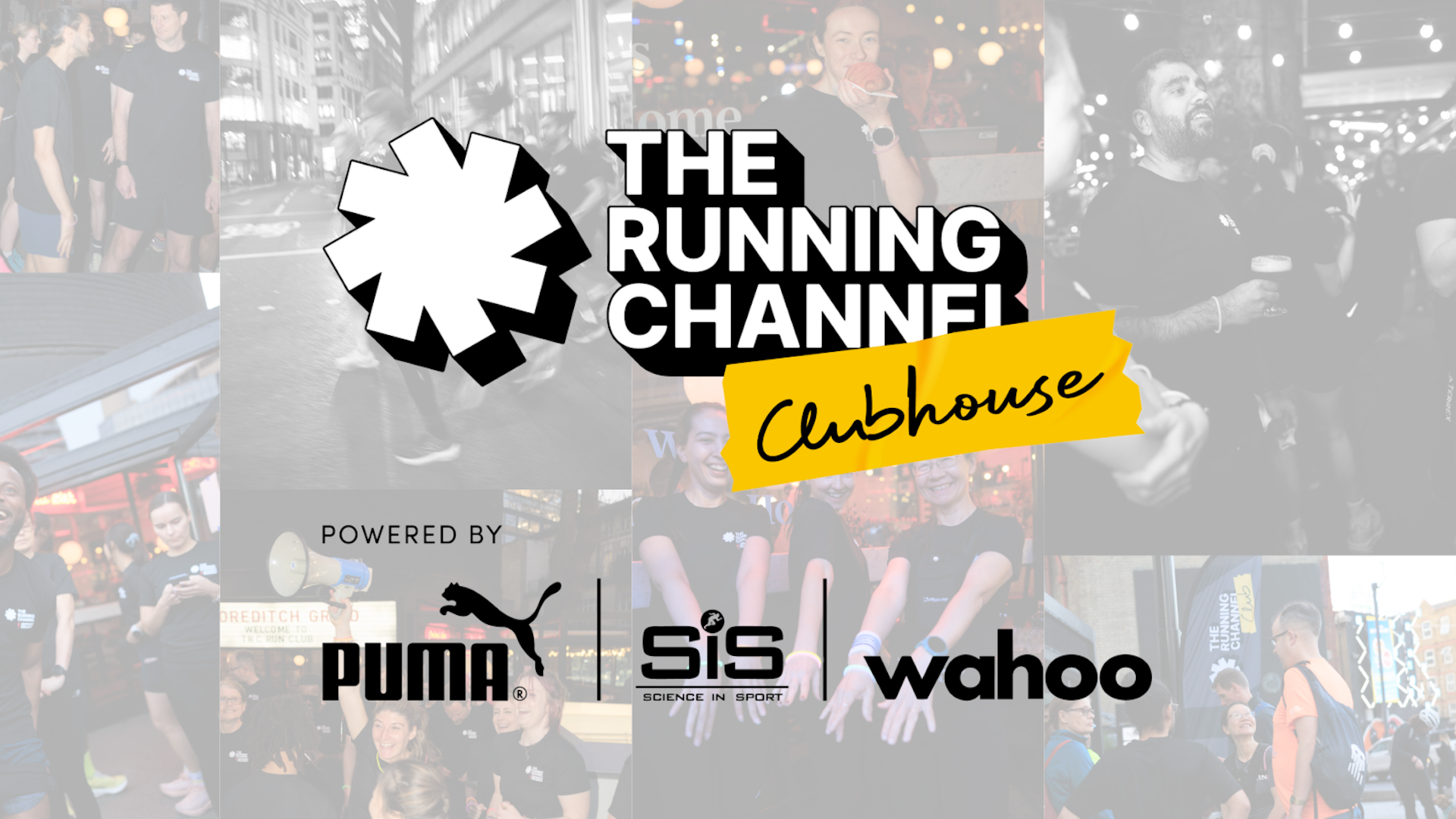
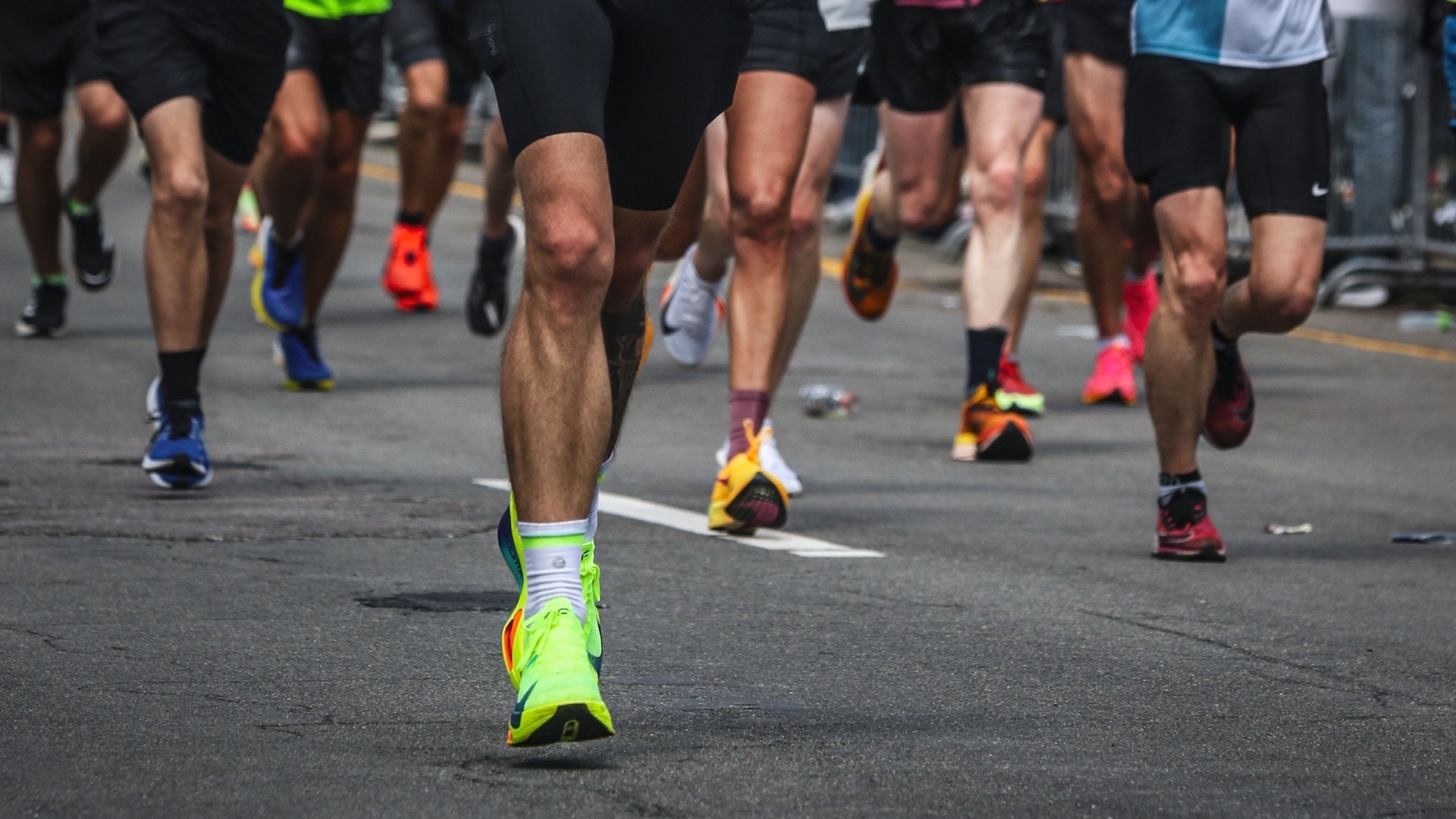

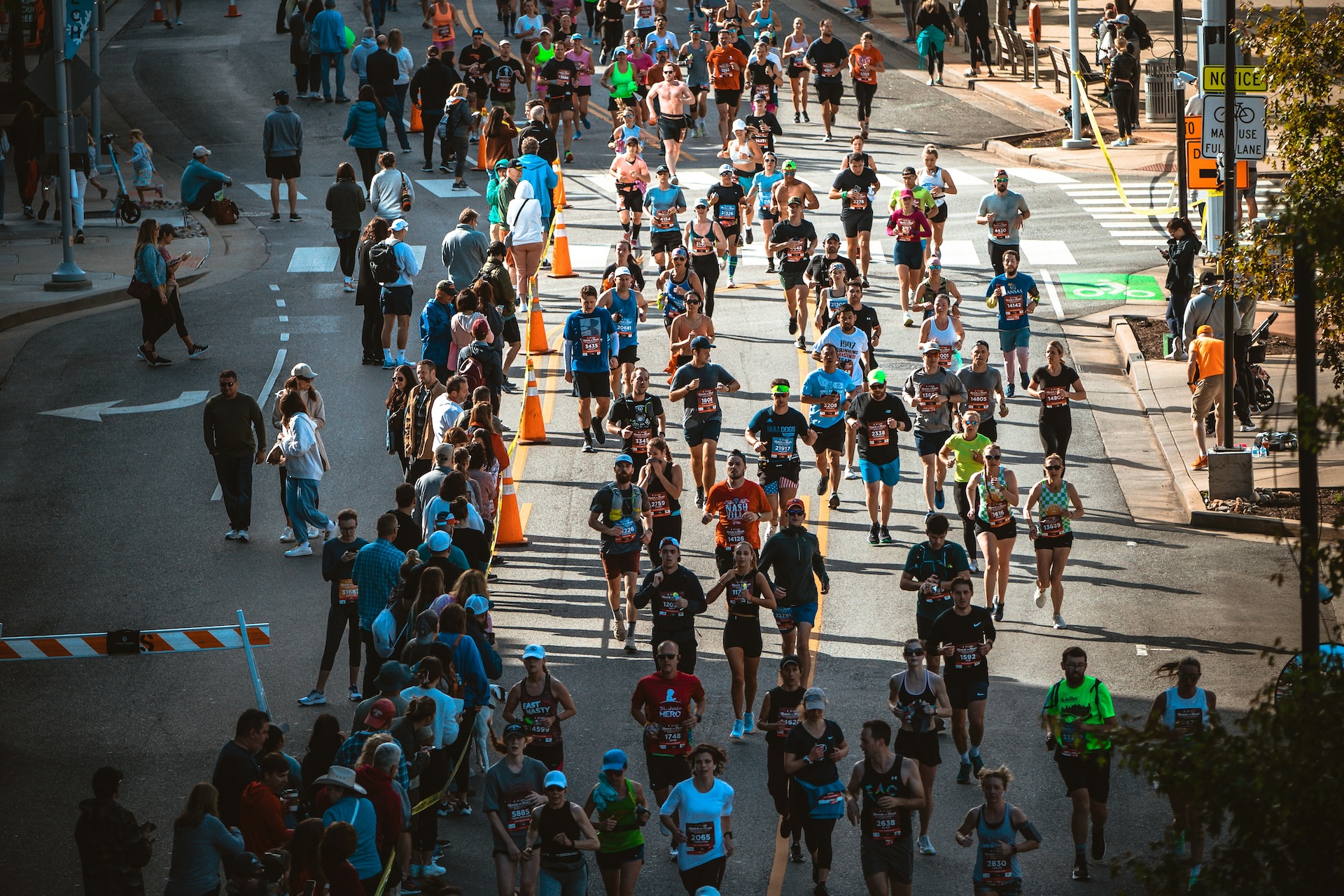
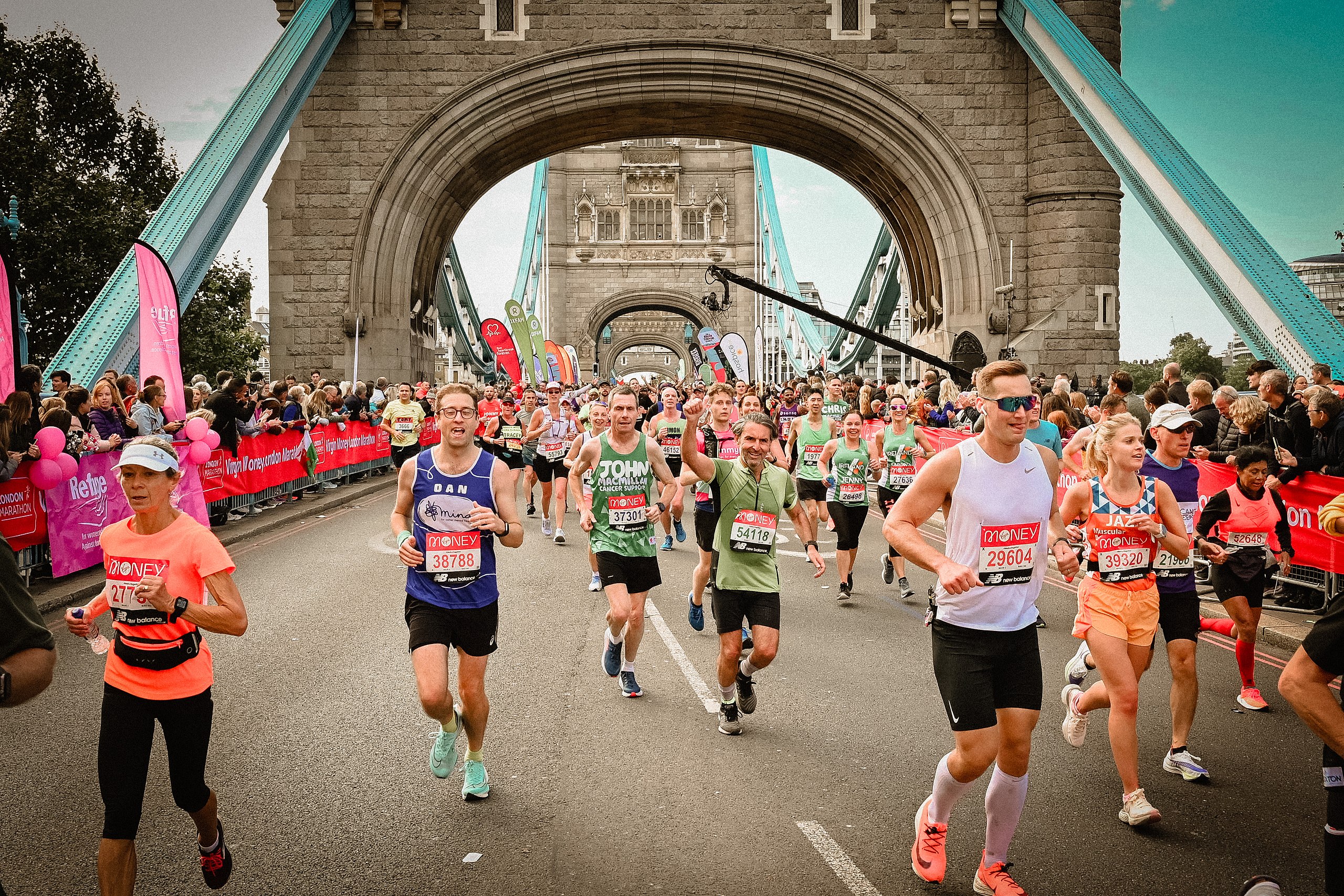
















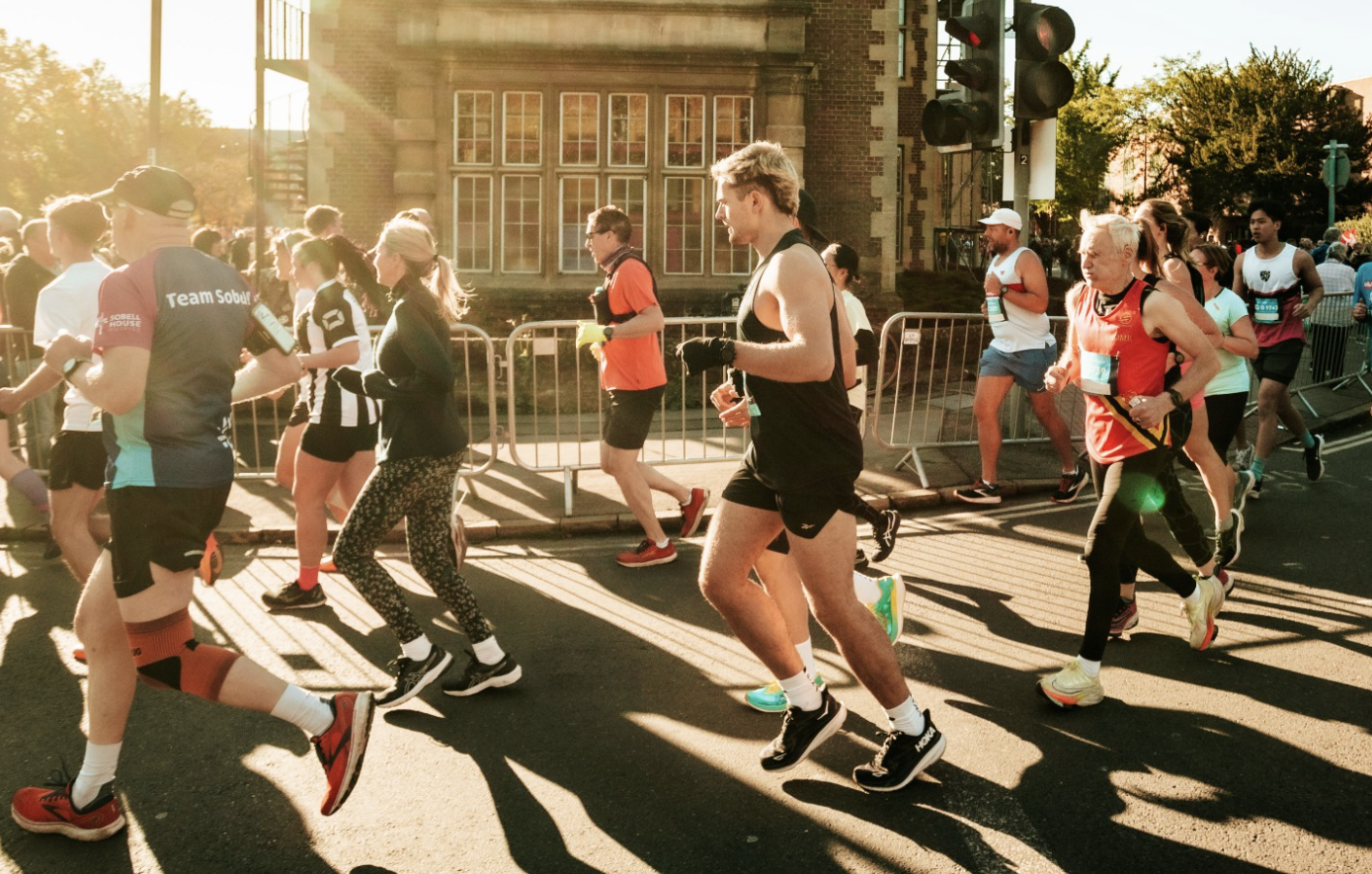



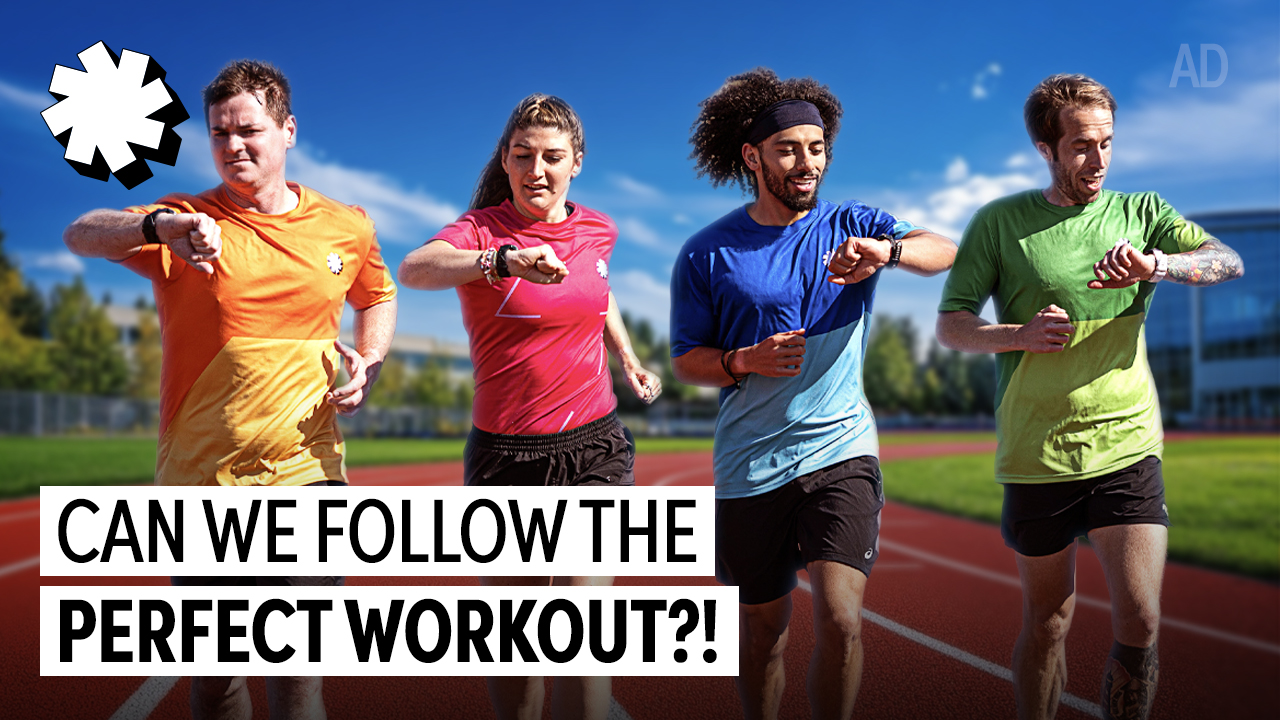

Running News
Ingebrigtsen Stars at World Athletics Indoor Championships 2025 – Plus All The Winners!
Sam Ruthe Is First 15-Year-Old To Run A Four-Minute Mile!
Eliud Kipchoge Will Run The 2025 Sydney Marathon!